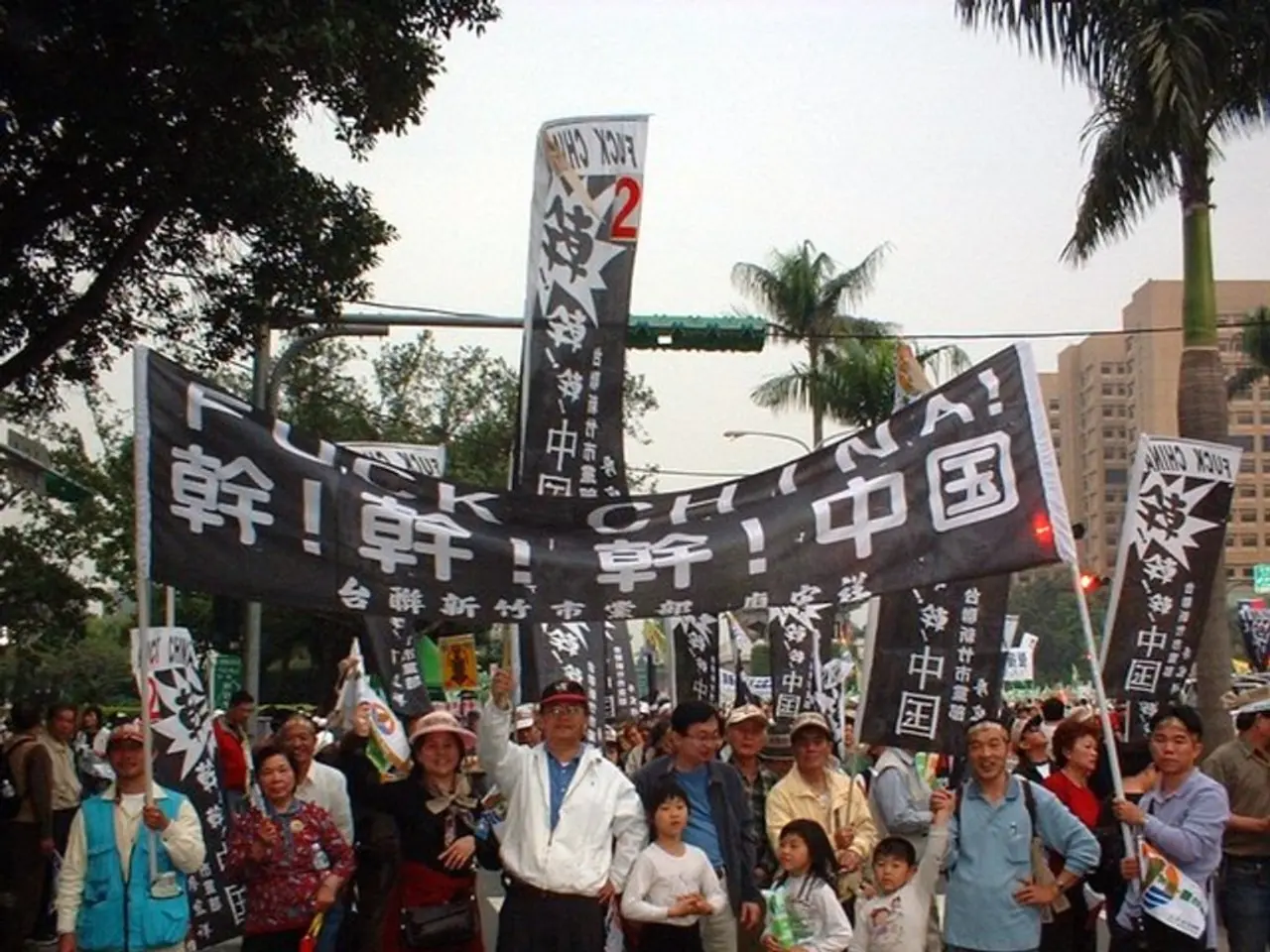Global Demand for Matcha Overwhelms Japanese Farm Production
=====================================================================================
In recent years, the demand for matcha, a finely ground powder made from high-quality Japanese green tea leaves, has significantly increased. This surge in demand is driven by health trends, social media virality, and tourism, but this demand is currently strained by extreme weather effects linked to climate change and new tariffs on Japanese imports, leading to a severe supply shortage and rising prices.
The heart of matcha production is in Japan, home to thousands of tea factories, but only a hundred or so specialize in tencha (matcha leaves). The demand for matcha has led to a global shortage and rising costs of the sought-after tea. The wholesale price of matcha has risen significantly, with Miro Tea founder Jeannie Liu reporting a 250% increase in the price she pays for Uji matcha.
The frenzy for matcha has exposed the fragility of a system where slow, artisan-led supply chains struggle to keep pace with viral, global demand. The harvest for matcha leaves this year is 10% smaller than last spring's due to droughts and the country's hottest summer on record. To adapt to climate change, the Morii family and their team are using special tea fans and covering fields with sheets to protect them from extreme weather.
The aging farmer population and labor shortages in Japan limit the ability to scale production quickly. Tourism-driven purchasing sprees and resellers buying large quantities have emptied stock on shelves, leading to retail limits and the listing of unauthorized resellers by producers. The situation is further complicated by newly imposed tariffs on certain Japanese matcha imports, which have further constrained supply chains, increased costs, and contributed to price hikes worldwide.
Despite these challenges, the global matcha market is projected to continue growing robustly, expected to surpass USD 7.43 billion by 2030 at a CAGR of 7.9%. However, supply issues might keep prices elevated and availability limited in the near term. The mainstreaming of matcha has caused a slow agricultural ecosystem to be upended by overconsumption. There's room for demand to be met elsewhere using safe practices and quality crops, rather than short cuts like adding coloring agents to mimic premium matcha's signature green hue.
One response to the market growth and supply shortage is the launch of JENKI Matcha, a London-based chain that specializes in matcha beverages. Claudia Boyer, a London-based entrepreneur with a background in nutrition, launched JENKI Matcha in 2020. The company aims to expand nationwide and globally, offering consumers an alternative to the scarce and expensive matcha imported from Japan.
The Japanese Ministry of Agriculture has announced subsidies for certain tea factories looking to convert to tencha production, hoping to alleviate the supply shortage. However, the process of converting tea factories to tencha production can cost millions of dollars and requires small, often family-run businesses to take out disproportionately large loans.
In the face of these challenges, the market for matcha continues to grow, driven by wellness trends in North America and Asia-Pacific. The Moriis, like many other tea farmers, have opted for high-quality electric mills due to difficulties in getting stone mill bookings. The future of matcha production will require innovation, resilience, and a commitment to sustainable practices to meet the growing global demand while preserving the quality and tradition of this ancient beverage.
- The growing demand for matcha has triggered a wave in the culture and community, with the emergence of new businesses like JENKI Matcha in London, offering an alternative to the limited and expensive imported matcha.
- The climate change impacts and tariffs on imports have put a strain on the art of traditional matcha production in Japan, but innovation in techniques such as the use of special tea fans and electric mills demonstrate a resilience in the face of these challenges.
- As the global matcha market continues to expand, it's essential to consider the need for sustainable practices and quality crops to ensure the supply can meet demand beyond Japan, while preserving the unique identity and tradition of matcha in culture and community.







